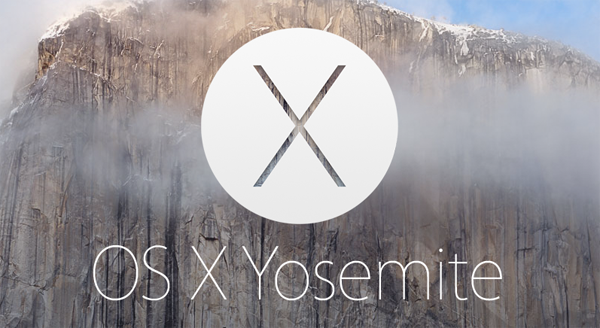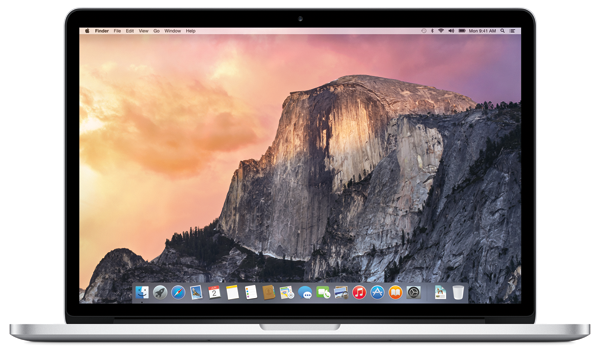Apple has released the open source ‘Darwin’ code of OS X 10.10 Yosemite in a roll-out that occurred last night, and considering the release of Darwin 10.9 last year, has popped up right on cue.
Darwin, for those unfamiliar, is an open source OS inclusive of code that Apple has developed over the years, and as well as including code picked up from the likes of NeXTSTEP and BSD, serves as the basis for Apple’s OS X and iOS software in terms of heritage.

In the late nineties, NeXTSTEP became OpenStep, before gradually mutating into Mac OS X 10.0 in 2001. While the rest, as they say, is history, those core OS components have continued to be released as an open-source project under the Apple Public Source License (APSL) as Darwin, and with OS X 10.10 Yosemite having only released a couple of weeks ago, here we are with the subsequent Darwin 10.10.
Apple’s software may famously be closed-source, but it’s not completely against the idea of open-source, and if you’ve a vested interest in learning more about Apple’s software, picking up the new Darwin code is perhaps a good starting point.
Yosemite itself includes a multitude of exciting new features, including an aesthetic makeover that keeps it in-line with the look of iOS. The Continuity features, which include treats like Handoff, mean that users are able to begin a project or task on one Apple device and continue where they left off on another, and while some have decried the “incremental” nature of the recent OS X updates, Yosemite 10.10 is definitely among the most significant that we’ve witnessed in recent years.

To get started, we’ve included a direct link to the appropriate page on Apple’s website at the source, and if you do happen to give it a whirl, please share your thoughts and comments via the usual channels below – it’s always great to hear from you.
(Source: Apple)
You may also like to check out:
You can follow us on Twitter, add us to your circle on Google+ or like our Facebook page to keep yourself updated on all the latest from Microsoft, Google, Apple and the web.

